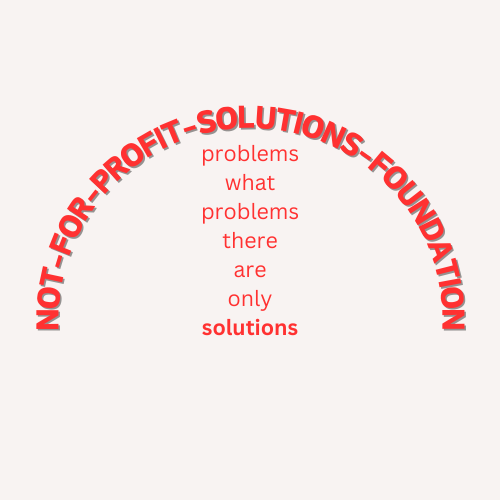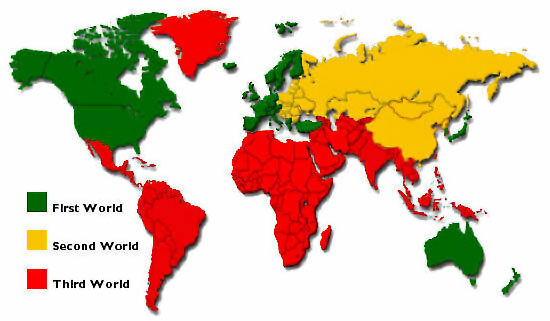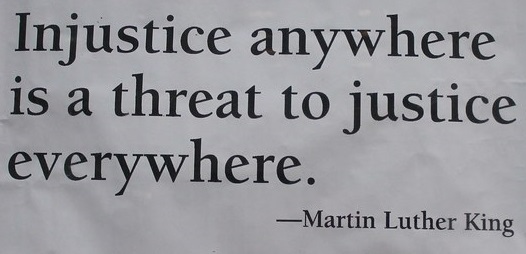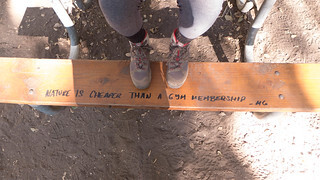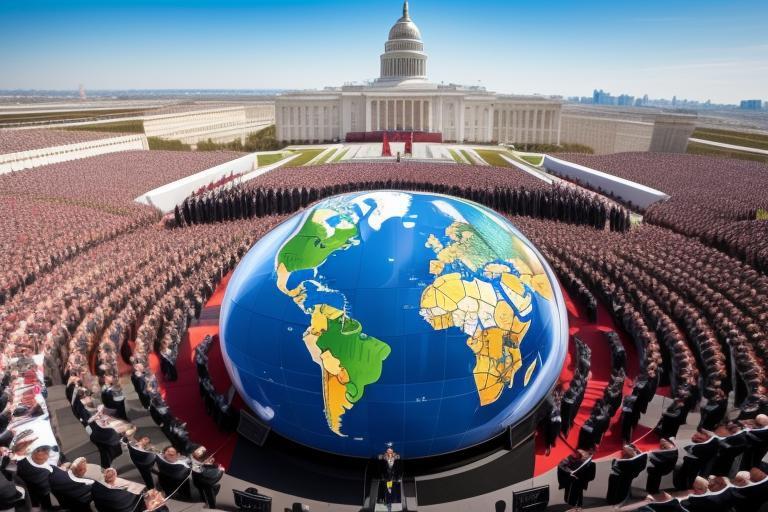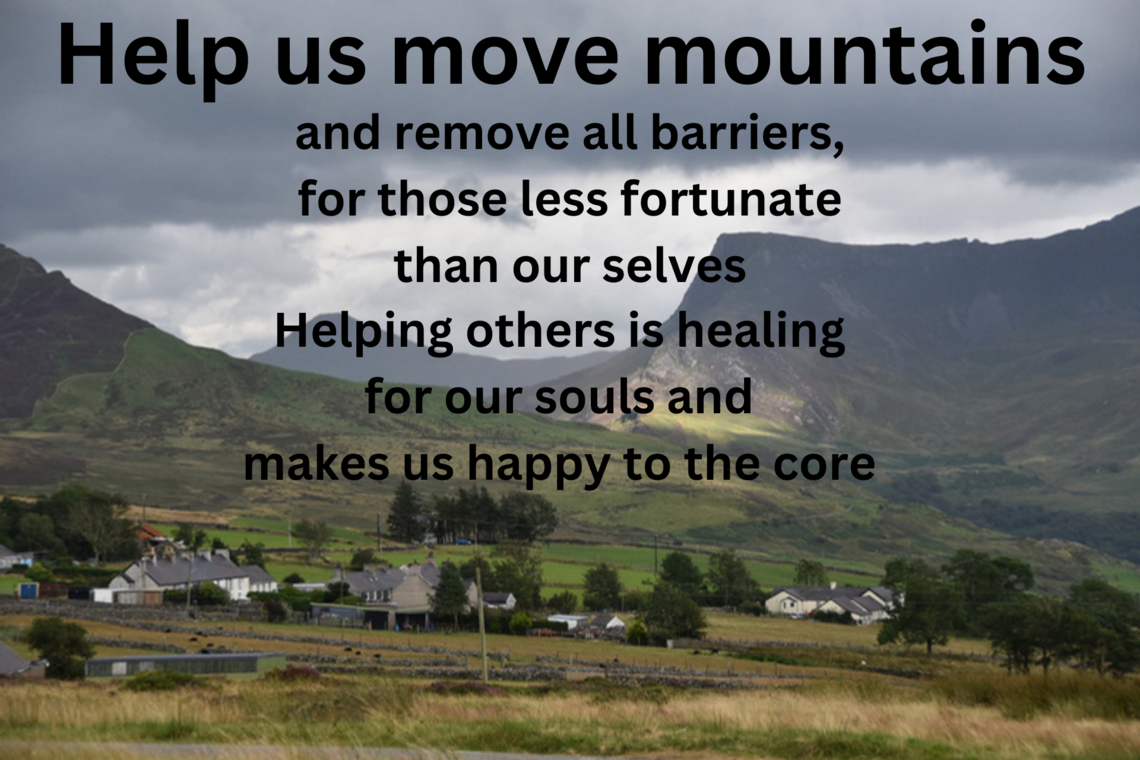Are you searching for the key to a successful and fulfilling relationship? Look no further! In this blog post, we will explore the secrets to becoming the perfect spouse. Contrary to popular belief, being the perfect spouse is not about perfection or conforming to societal expectations. It's about fostering a deep connection, understanding, and genuine love for your partner. So, let's dive in and discover how you can create a strong and lasting bond with your significant other.
First and foremost, communication is the foundation of any healthy relationship. It's crucial to express your feelings, thoughts, and needs openly and honestly. Active listening is equally important, as it shows your partner that you value their perspective. By creating a safe and non-judgmental space for open dialogue, you can resolve conflicts, strengthen your emotional connection, and nurture a sense of trust.
Another vital aspect of being the perfect spouse is practicing empathy and understanding. Recognize that your partner is an individual with their own dreams, fears, and insecurities. Be supportive and encourage their personal growth. Show appreciation for their efforts and celebrate their achievements. Remember, a successful relationship is a partnership where both individuals feel seen, heard, and valued.
Incorporate these principles into your relationship journey and witness the transformation. By embracing open communication, empathy, and understanding, you can become the perfect spouse and cultivate a love that stands the test of time. Share this post with your loved ones and spread the wisdom to create a world filled with thriving relationships.
Tags:
In an era where global connectivity and advances in technology have made the world a smaller place, it's disheartening to witness the persistence of poverty and underdevelopment in many third world countries. Despite the influx of trillions of GBP . USD and other donor countries in aid over the course of several decades, the question remains: why haven't these countries thrived? In this thought-provoking blog post, we delve into the paradoxical challenges faced by these nations, aiming to shed light on the underlying factors that hinder their progress.
One of the key reasons behind the lack of significant progress in third world countries is the complex web of socio-political issues that plague them. Corruption, political instability, and mismanagement of funds have often diverted resources away from their intended destinations. While aid may have been provided with good intentions, the lack of transparency and accountability has hindered its impact. It is crucial for both the donor countries and the recipients to work together towards creating a system of checks and balances, ensuring that aid reaches the grassroots level and is utilized efficiently.
Moreover, the challenges faced by third world countries are not solely economic in nature. Factors such as inadequate infrastructure, limited access to education and healthcare, and a lack of technological advancements further contribute to their struggles. To truly empower these nations, it is essential to focus on sustainable development goals that address these fundamental issues. This could involve investing in education and vocational training, improving healthcare facilities, and promoting entrepreneurship to stimulate local economies. By addressing these underlying challenges, we can pave the way for long-term growth and self-reliance.
While it is disheartening to witness the persistent struggles faced by third world countries despite decades of aid, it is important to remember that progress takes time. Overcoming deeply rooted challenges requires a comprehensive and holistic approach that goes beyond mere financial assistance. By addressing issues of corruption, investing in infrastructure and education, and fostering sustainable development, we can pave the way for a brighter future for these nations. Let us work together to break the cycle of poverty and create a world where every country has the opportunity to thrive. Join the conversation and share your thoughts on how we can collectively make a difference.
Tags:
In a world that strives for justice and equality, it is disheartening to realize that police officers and judges, who are entrusted with upholding the law, sometimes commit crimes against mankind. These instances of abuse of power not only bring harm to individuals but also erode the trust we place in these institutions. In this blog post, we will shed light on this issue and explore innovative solutions that can help tackle these global injustices against humanity.
One of the key solutions lies in fostering transparency and accountability within police departments and judiciary systems. Implementing comprehensive body-worn camera policies for police officers can ensure unbiased documentation of interactions. These cameras can act as a deterrent for misconduct, protect the rights of individuals, and serve as valuable evidence in court proceedings. Similarly, establishing independent oversight committees with community involvement can offer an unbiased review of complaints against law enforcement officers and judges, ensuring fair investigations and appropriate actions are taken.
Education and empathy also play a crucial role in addressing the root causes of these crimes against humanity. By promoting cultural competence and diversity training for officers and judges, we can foster an understanding of different perspectives and minimize biased judgments. Additionally, initiatives that encourage community engagement, such as neighborhood policing programs and court outreach initiatives, can help bridge the gap between law enforcement, the judiciary, and the communities they serve. Building trust and relationships is essential in preventing abuses of power and promoting accountability.
It is incumbent upon us, as a society, to come together and confront the dark realities of police and judicial misconduct. By implementing transparency measures, fostering empathy, and promoting community involvement, we can begin to address these global injustices against humanity. Let us work towards a world where those entrusted with upholding justice remain true to their duties, providing safety and protection for all, rather than perpetuating harm. Together, we can create a more just and equitable society.
Join the movement for justice by supporting organizations working towards police and judicial reform. Together, we can make a difference and ensure the protection of human rights for all. Use your voice to demand change and spread awareness about these global injustices.0
Tags:
In a world where self-sufficiency is becoming increasingly important, growing your own food has gained significant popularity. However, there is a common misconception that this practice is limited to fully able-bodied individuals. Today, we aim to debunk this myth and shed light on the fact that self-sufficiency knows no boundaries. Regardless of physical abilities, everyone can embrace the joy of growing their own food and reap the benefits it brings.
Gardening and cultivating your own food is a rewarding experience that can be enjoyed by people of all abilities. With advancements in adaptive tools and techniques, individuals with physical limitations can actively participate in the process. For example, raised garden beds can be designed to accommodate wheelchair users, allowing them to easily reach and tend to their plants. Furthermore, vertical gardening systems and container gardening provide accessible options for those with limited mobility or space constraints. By embracing inclusive gardening practices, we can empower everyone to become self-sufficient in growing their own food.
The benefits of self-sufficiency in growing your own food extend beyond physical nourishment. It promotes mental well-being, fosters a sense of accomplishment, and connects us to nature. Additionally, it allows individuals to have control over the quality and safety of the food they consume. By growing our own fruits, vegetables, and herbs, we reduce our reliance on external sources, contribute to sustainable practices, and decrease our carbon footprint. This is an opportunity for all individuals, regardless of physical abilities, to actively participate in their own food production and make a positive impact on their health and the environment.
It is crucial to debunk the misconception that self-sufficiency in growing your own food is limited to fully able-bodied individuals. By embracing inclusive gardening practices and utilizing adaptive tools, everyone can experience the joy and benefits of cultivating their own food. Let us break down barriers and celebrate the fact that self-sufficiency knows no boundaries. Start your own garden today and embark on a journey of empowerment, connection with nature, and sustainable living. Together, we can create a world where self-sufficiency is accessible to all
Tags:
In the race to accommodate a growing population and satisfy the ever-increasing demand for housing, it seems that we have created a paradoxical situation. While new homes are being constructed at an unprecedented rate, a significant number of them remain unoccupied. This phenomenon raises questions about the sustainability and efficiency of our housing industry. In this blog post, we delve into the issue of excessive building and the implications of empty homes.
It is no secret that the housing market is booming. Developers are erecting towering apartment complexes, sprawling suburban neighborhoods, and luxurious mansions in every corner of the globe. However, what often goes unnoticed is the high vacancy rate that accompanies this construction frenzy. According to recent studies, a considerable percentage of newly built homes are left unoccupied due to various reasons such as speculative investment, financial constraints, or simply as second or vacation homes. This surplus of empty houses not only represents a wasted resource but also exacerbates the problem of housing affordability for those in need.
The consequences of this excessive building and unoccupied homes are far-reaching. From an environmental standpoint, the construction industry is a significant contributor to carbon emissions and resource depletion. The unnecessary building of homes only exacerbates this problem, as it consumes vast amounts of energy and materials without fulfilling its purpose of providing shelter for individuals and families. Furthermore, the economic impact cannot be ignored. The resources invested in building and maintaining these empty homes could be redirected towards more pressing needs such as infrastructure development or affordable housing initiatives.
It is high time we reevaluate our approach to housing development. Instead of mindlessly constructing new homes, we should focus on repurposing and revitalizing existing structures. This not only reduces the strain on resources but also promotes sustainable living. Governments and policymakers must encourage the conversion of empty homes into affordable housing units or community spaces, ensuring that the housing stock is utilized efficiently. By adopting a more thoughtful and strategic approach to housing, we can strike a balance between meeting the growing demand for homes and addressing the issue of unoccupied properties.
Let's join hands in advocating for a more sustainable and equitable housing industry. Together, we can push for policies that prioritize the repurposing of empty homes and steer away from excessive building. Share your thoughts on this issue and explore innovative solutions to the housing paradox. Together, we have the power to create a brighter future for housing.
Tags:
it be clearly evident that many world leaders and govern-ment-al and con-gress etcetera fight an argue not only with other countries leaders yet within their own institutions on a daily basis
therein lays the problems that they then project on to the innocent folk by making up militia groups they call Navy, Army, Air-Force, Marines, SAS and much much more that get sent to various countries and attack innocent folk making them flee their own countries to seek refuge elsewhere
a simple solution would be to pack all these so-called leaders in one [1] area away from innocent folk such as a small island with no-way to escape and let them fight among themselves and for them to be survival of the fittest and to feed off the land
then innocent folk can go back to their lives and livelihoods and their families etc and start living better lives
we suffer from many a trauma and conflicts of the mind caused by conflict from a very early age, traumas that we then go on and project on to others
this list is non exhaustive, however after watching the video, you non doubt will get the gist
many folk can relate with these traumas, such as teaching babies and children;
- to burp then when they get older tell them it is rude to burp
- to walk and talk then tell them to sit down and shut up
- to lie and be deceptive
- about stranger-danger then send them off to doctrination-centers called nurseries, kindergarten, schools etcetera
- to chase mammon and be the ones the Jonse's need to keep up with
- to fall foul of seven [7] deadly sins of gluttony, envy, pride, covetousness, anger and sloth especially around this time of year
- it is ok to sit on a strange man's lap in a red suit even when the child says no
- it is ok for a strange rotund man in a red-suit to be in a childs bedroom that has magically appeared through a chimney
- a strange rotund man in a red-suit brings them material-goods
- they are under twenty-four-seven [24/7] surveillance as this strange rotund man knows if they have been naughty or nice
plus mention of the fact that when children goes back to school after the event, many children will get traumatized by their friends having material-goods and they have non had anything or very little in comparison when the teacher ask the children what did they have etcetera
Tags:
A warm welcome to non-profit-solutions-foundation where our website has gone live today
this is what is called a quick and raw to start with and is a work in progress as i figure out all the features of our host
thereby you will see many changes for the foreseeable future
